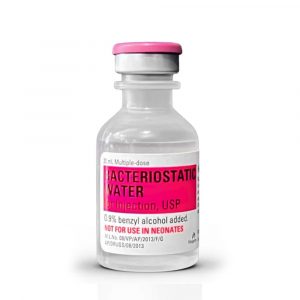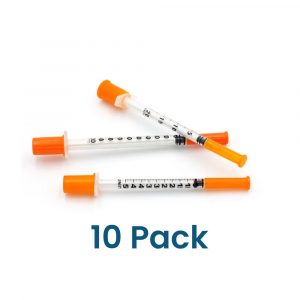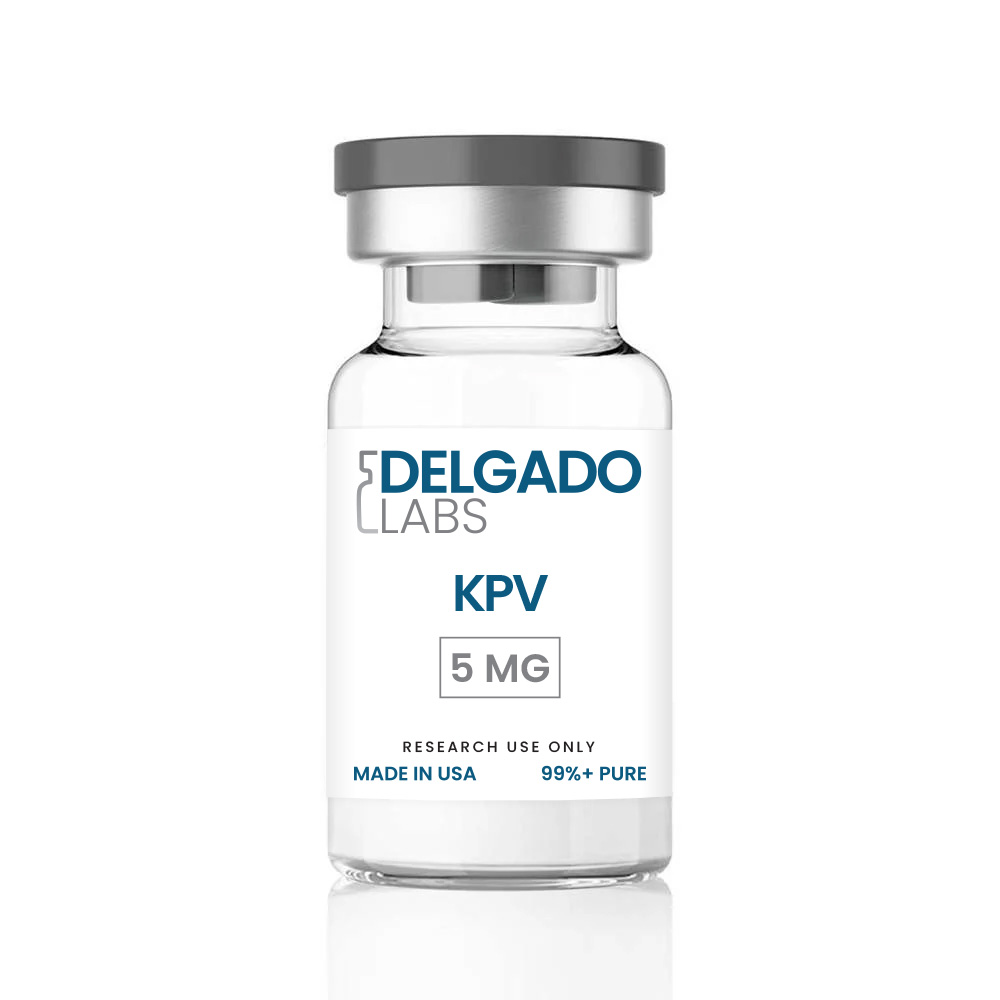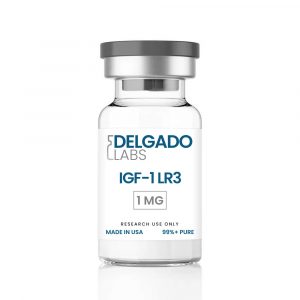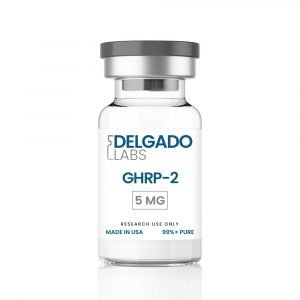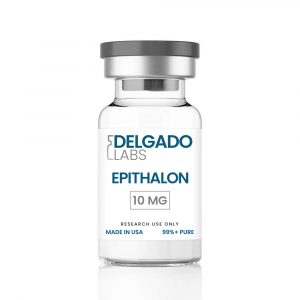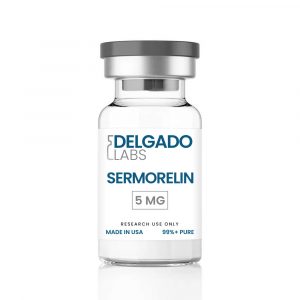Description
What is KPV (5mg)?
KPV, derived from the C-terminal of alpha-melanocyte stimulating hormone (alpha-MSH), exhibits remarkable anti-inflammatory properties. Extensive research has focused on its potential therapeutic applications, particularly in treating inflammatory bowel disease (IBD). The peptide has demonstrated significant efficacy in preclinical studies, showcasing its ability to mitigate inflammation in various bodily systems, including the central nervous system, gastrointestinal tract, lungs, vascular system, and joints.
One notable aspect of KPV is its versatility in administration, proving safe and effective whether delivered orally, intravenously, subcutaneously, or transdermally. Beyond its anti-inflammatory potential, KPV and other alpha-MSH derivatives have shown promise in wound healing. Studies suggest that these peptides contribute to accelerated wound healing, reduced infection risk, and improved cosmetic outcomes. The multifaceted benefits observed in wound healing further underscore the potential applications of KPV, not only in addressing inflammatory conditions but also in scar reduction post-surgery. As research advances, KPV and related peptides may emerge as valuable therapeutic tools with a broad range of applications in medical settings.
Chemical Structure of KPV (5mg)
The chemical structure of KPV is a linear arrangement of its constituent amino acids: Lysine (K), Proline (P), and Valine (V). These amino acids are linked together through peptide bonds, forming the specific structure of the KPV peptide.
KPV is represented by its amino acid sequence:
Lysine (K) – Proline (P) – Valine (V)Lysine (K) – Proline (P) – Valine (V)
This sequence denotes the order in which the amino acids are connected in the peptide chain. The amino acid sequence is a fundamental aspect of a peptide’s identity and function, influencing its interactions with biological systems and determining its therapeutic properties.
What Are the Effects of KPV (5mg)?
Potent Anti-Inflammatory
KPV, the C-terminal peptide fragment of alpha-melanocyte-stimulating hormone (alpha-MSH), has demonstrated remarkable anti-inflammatory properties. Research indicates its effectiveness in suppressing inflammation in various physiological systems, including the central nervous system, gastrointestinal tract, lungs, vascular system, and joints. This potent anti-inflammatory activity positions KPV as a promising candidate for therapeutic interventions in conditions characterized by excessive inflammation.
Wound Healing, Reduces Infection
Studies exploring KPV’s impact on wound healing have shown promising results. The peptide exhibits properties that contribute to accelerated wound healing, including the reduction of infection. KPV’s ability to promote efficient tissue repair makes it a valuable candidate for applications in wound care, where minimizing infection and facilitating rapid healing are critical factors for optimal outcomes.
Leads to Better Cosmetic Results
Beyond its role in wound healing, KPV may contribute to improved cosmetic results. The peptide’s influence on tissue repair and its anti-inflammatory effects suggest potential benefits in minimizing scarring and promoting a more aesthetically pleasing outcome following surgical procedures or traumatic injuries.
Scar Reduction Following Surgery
KPV holds promise in scar reduction following surgical interventions. Its anti-inflammatory and wound-healing properties may contribute to the modulation of scar formation, potentially leading to reduced scar tissue and improved cosmetic outcomes for individuals undergoing surgical procedures. This aspect of KPV’s functionality makes it an intriguing subject for further investigation in the field of post-surgical care and cosmetic surgery.

